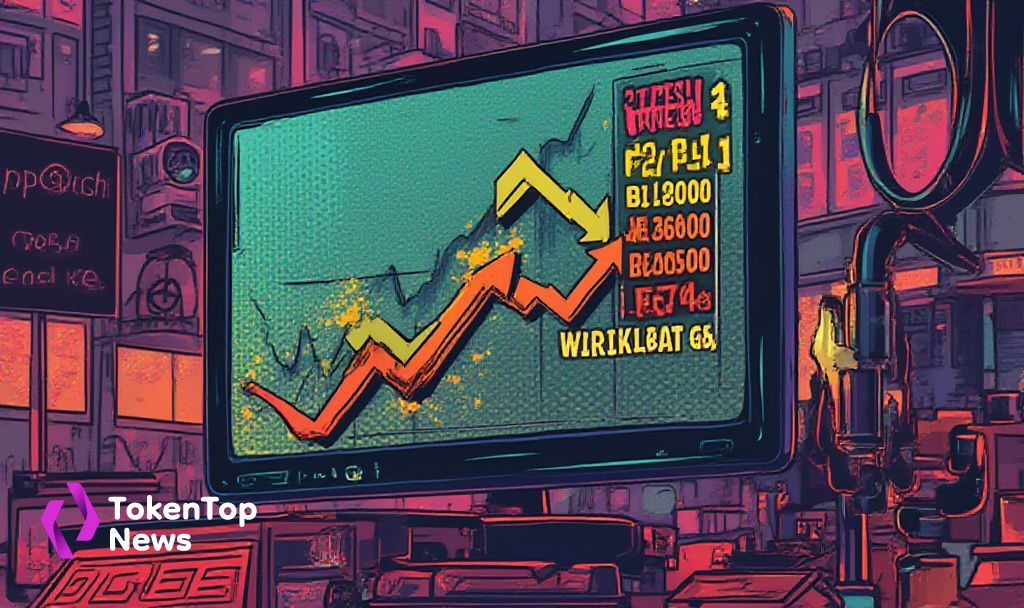Bitcoin Holdings Spark Surge in Tech Stock Value
- Next Technology stock surged 700%, showing Bitcoin BTC +0.00% influence on equities.
- Bitcoin assets increased considerably, boosting market confidence.
- Stock surge highlights crypto’s growing financial impact.

Next Technology Holding Inc. experienced an extraordinary 700% stock surge in Q1 as they notably increased Bitcoin holdings. This surge occurred despite a general lack of information regarding specific Bitcoin acquisition details by said company.
The significant stock surge highlights the power of cryptocurrency investments on traditional equities. This development underscores broader industry trends and amplifies confidence in crypto-assets amidst fluctuating market conditions.
Next Technology Holding Inc. reported an unexpected stock surge after enhancing its crypto holdings in early 2025. This surge aligns with widespread Bitcoin adoption strategies pursued by numerous companies aiming to capitalize on digital asset trends.
CEO and industry insiders speculate that strategic Bitcoin acquisitions contributed to the stark rise in their Next Technology’s stock value. Key figures in the company, however, remain unquoted on specifics regarding Bitcoin acquisition volumes.
The surge strengthened tech market positions, bolstering investor sentiment in cryptocurrency-infused strategies. Bitcoin’s previous several peaks before declining by March-end illustrate the inherent volatility yet lucrative potential in crypto investments.
Fred Thiel, CEO of Marathon Digital Holdings, remarked, “We experienced a 174% year-over-year increase in our Bitcoin holdings, underlining our growth strategy in the cryptocurrency sector.” – Marathon Shareholder Letter
Financial analysts indicate possible volatility risks due to market dependence on crypto valuations. Rising Bitcoin integration within corporate strategies suggests ongoing evolution in financial landscapes, regulations, and technologies warranting close attention from all stakeholders.
The implications of such investments remain profound, potentially altering traditional metrics. Future modifications in regulatory frameworks could significantly impact valuations, emphasizing the need for adaptive strategies and continuous industry monitoring.




